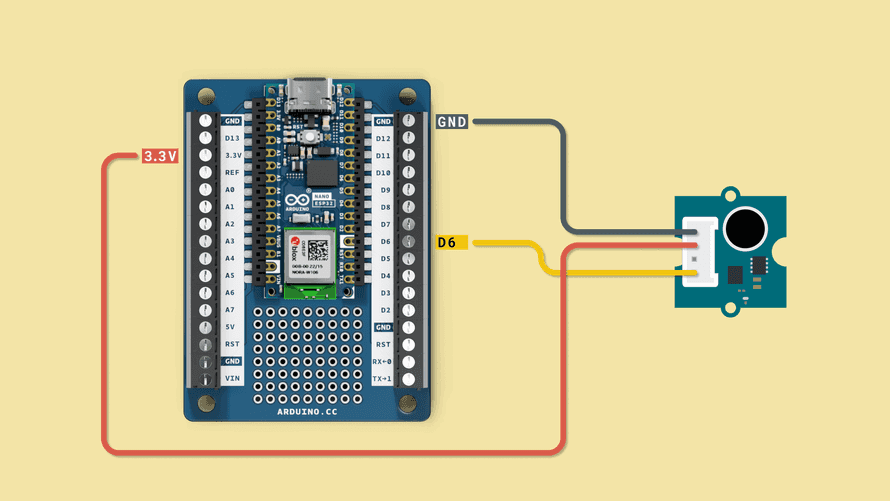2 Circuit Diagram In this blog, I will be showing how to use an Arduino along with a piezo buzzer to make sound, play different notes (using the tone function) and more. This knowledge can be used in a whole lot of projects, including alarm clocks and playing songs. Arduino circuit with buzzer. Step 3: Writing code to make the buzzer beep. In this tutorial you will learn how to use a buzzer (or piezo speaker) with Arduino. Buzzers can be found in alarm devices, computers, timers and confirmation of user input such as a mouse click or keystroke. You will also learn how to use tone() and noTone() function. In this tutorial you will learn how to use a buzzer or piezo speaker with Arduino. Buzzers can be found in alarm devices, computers, timers and confirmation of user input such as a mouse click or keystroke. You will also learn how to use tone() and noTone() function. So, let's get started!

Explore the basics of a buzzer with Arduino to generate different sounds with the help of the tone function. Learn how to use it effectively in your projects. A buzzer or piezo speaker is an audio signaling device commonly used to produce sound. A buzzer is a tiny component in electronics but can be used very smartly in multiple applications. Table 1: Buzzer modules and their working. Note: The above table provides information for a general buzzer module. However, some buzzers require more current than the Arduino digital pin provides. In this case, we can use an external power circuit by connecting the MOSFET to our circuit and amplifying the current to the buzzer. This circuit is a sensor-activated buzzer system powered by a battery. An IR sensor detects an object and triggers an NPN transistor, which in turn activates a relay to power a buzzer. The circuit includes a voltage regulator to ensure stable 5V power supply and a rocker switch for manual control. Buzzer Produces Weak Sound: Solution

Buzzer Module Interfacing with Arduino Circuit Diagram
this project is based on the alarms and beeps using buzzers for security The main loop reads the temperature and humidity value from the sensor, and if the readings are valid, prints them on the terminal. If the temperature value exceeds 32C, the Raspberry Pi will send a HIGH signal to trigger the active buzzer. Using a Passive Buzzer. For the next example, we are going use a passive buzzer to play a tune. Once the water level exceeds the fixed level, then it generates a beep sound through a buzzer connected to the circuit. This circuit uses a BC547B NPN transistor however we can also use any general-purpose transistor instead of using 2N3904/2N2222. This water level sensor circuit working is very simple and the transistor used within the circuit
